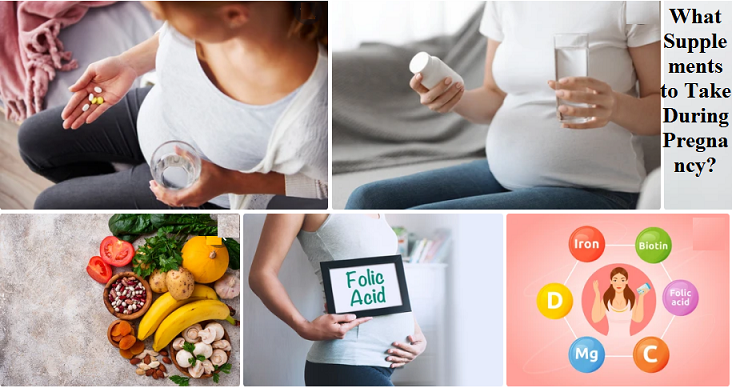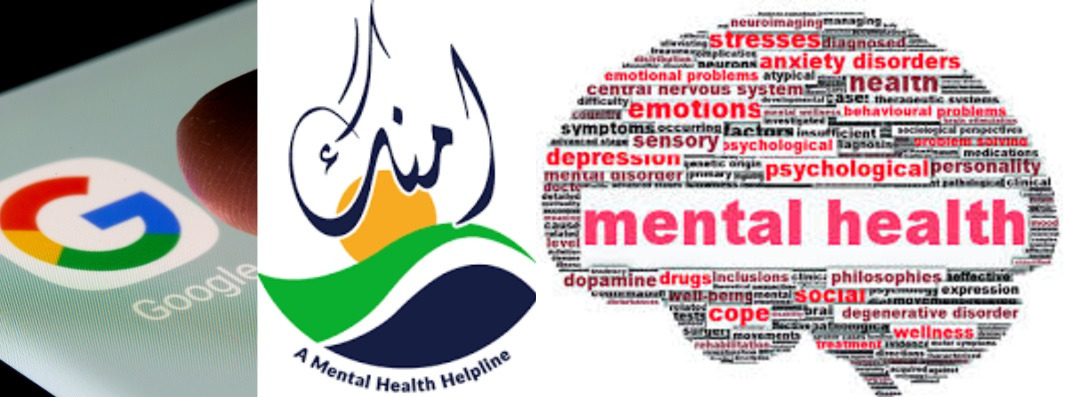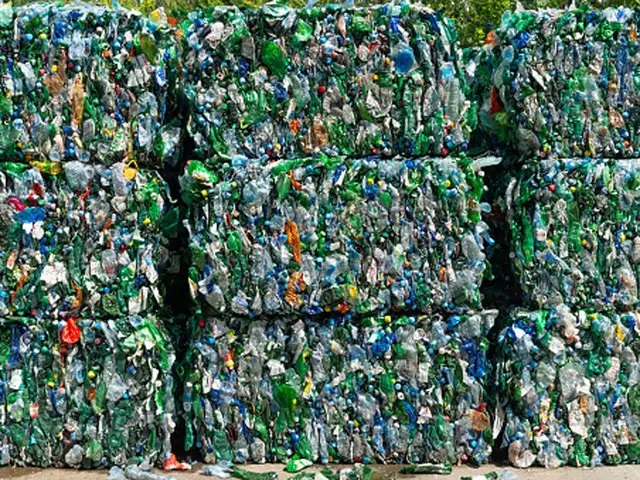Pregnancy is the critical phase in which you have to keep an eye on nutrients intake through diet or dietary supplements. The reason is that some pregnancy supplements support the healthy growth of the fetus, while some vitamins harm the fetus. Therefore, you will always find people suggesting to you what to take and what to avoid during pregnancy. In these devices, you will frequently get advice on taking the best pregnancy supplements to avoid nutrient deficiencies. However, choosing the right one is the task because the wrong nutrient or overdose can harm the mother and the baby. Don’t worry. We come to brief down the best pregnancy supplements that fill the nutrients gap to meet the need of a baby in your womb. We provide well-meaning health advice that makes the entire journey of pregnancy healthy and enjoyable.
Best Pregnancy Supplements:
1. Folic Acid:
Gynecologists highly recommend the best folic acid tablets for pregnancy to diminish the chance of congenital abnormalities and neural tube defects. Folic acid, known as folate, plays a vital part in red blood cell product, DNA synthesis, and fetus growth. Therefore, it is important to consume at least 400 to 600 mcg of folate daily to maintain healthy fetal growth. Most women do not consume a folate-rich diet, so tablets of folic acid for pregnancy have come to support the child-bearing mother in this critical time.
2. Iron:
Iron plays its role in transporting oxygen in the body. During pregnancy, the volume of women’s blood naturally increases by 45%. Therefore, it is important to increase the intake of iron to ensure healthy oxygen transportation to the placenta. Most women get anemia due to iron deficiency, so doctors consider it the best pregnancy supplement for the first trimester. Gynecologists recommend taking 27mg of iron daily to prevent infant anemia, preterm delivery, and maternal depression. However, always ask your doctor for the safest dose of iron because an overdose can cause severe side effects.
3. Magnesium:
Magnesium is important for carrying various chemical reactions in a body to support muscles, immune, and nerve function. Therefore, deficiency of magnesium can lead to premature labor and chronic hypertension in pregnant women. Therefore, doctors highly recommend this mineral in pregnancy supplements after 12 weeks to keep the body functioning properly. Moreover, this mineral also helps reduce the chance of preterm birth and fetal growth restriction.
4. Fish Oil:
Fish Oil contains two important fatty acids that promote the brain development of the baby. Therefore, experts suggest taking pregnancy supplements containing fish oil or DHA and EPA to boost brain health and function. In addition, it also helps avoid maternal depression by boosting post-pregnancy brain support. Some studies also show that it also plays an important role in fetal eye development. If you do not want to consume it through a supplement, you can consider consuming low mercury fishes, such as sardines, salmon, pollock, etc.
5. Choline:
Taking Choline during pregnancy reduces the chance of abnormalities in the brain and spine. According to research and studies, consuming at least 450mg of choline per day is important to maintain the optimal development of a baby’s brain. You may find all other nutrients in prenatal vitamins, but choline may not be there on the ingredient list. So, you will need to take a choline supplement separately, as recommended by your doctor.
6. Iodine:
Iodine supports the nervous system and brain development of the baby. Therefore, pregnant women should consume iodine-rich food or iodine supplement during and after pregnancy. They can consider akin seafood, iodized salt, iodine fortified bread, etc. It is safe to takin 150 micrograms of iodine daily to maintain healthy fetal growth.
7. Vitamin D:
Vitamin D plays its role in regulating calcium and phosphate in the body, and it results in healthy muscles and bone development. Therefore, health experts consider it an important nutrient for a baby’s growth. You can take it directly from the sunlight or otherwise take it through diet or supplement. Vitamin D-rich food includes eggs, red meat, fatty fish, etc.
8. Probiotics:
During pregnancy, gut health is also important to maintain a healthy and enjoyable pregnancy period. Therefore, taking probiotics during pregnancy is a healthy option to get all benefits to fetal and maternal health. Probiotics are living microorganisms that support healthy digestion. According to several studies, it is also shown that probiotics can also diminish the chance of gestational diabetes, infant eczema, dermatitis, and postpartum depression.
Multivitamins in pregnancy
Prenatal vitamins are the multivitamin supplement for pregnancy, as they contain all beneficial vitamins and minerals in the optimal ratio. They are not a substitute for a healthy diet, so you need to take nutrients rich food too with prenatal multivitamins. They only prevent nutrients deficiency to let you carry a healthy pregnancy to deliver a healthy baby. According to some studies, prenatal vitamins and minerals are also found beneficial in reducing the risk of preterm birth, high blood pressure, and preeclampsia.
Vitamins to avoid during pregnancy:
Not every vitamin or mineral gives benefits during pregnancy because some can harm fetal health. For your quick guidance, let us tell you the pregnancy vitamins to avoid.
· Vitamin A:
Vitamin A is involved in fetal vision development, but overdose or extra supplementation of Vitamin A can lead to liver damage and even cause birth defects. Thus, it is not suitable to consume vitamin A supplements during pregnancy to avoid these side effects.
· Vitamin E:
It is a fat-soluble vitamin responsible for immune function and DNA production. However, doctors do not recommend consuming it in pregnancy because the extra dose of vitamin E can increase the risk of the premature rupture of the amniotic sac.
In addition to these vitamins, you should also avoid some herbal supplements that can induce preterm labor. These herbal pregnancy supplements include Goldenseal, Black cohosh, Yohimbe, Dong Quai, saw palmetto, tansy, yarrow, wormwood, red clover, angelica, blue cohosh, and more. Hopefully, you have understood what to take and what to avoid to carry a healthy pregnancy. So, what are you looking for? Take these nutrient-rich diets or consume the best pregnancy supplement, recommended by your doctor.













